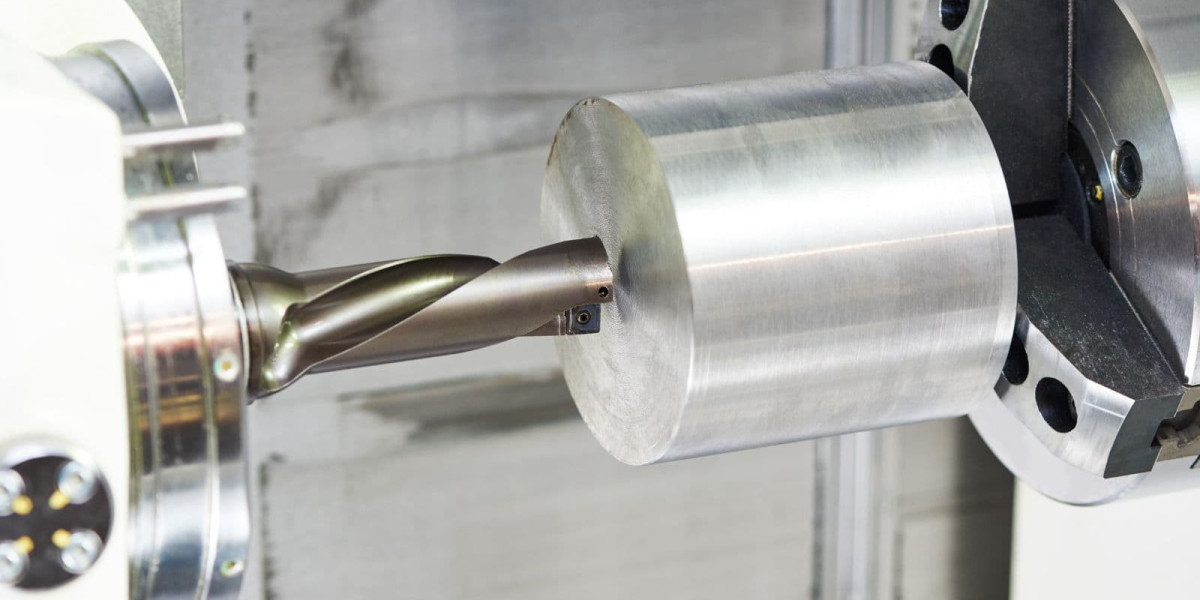Exploring the Versatility of CNC Drilling Across Industries
CNC drilling is a fundamental process in modern manufacturing, leveraging computer numerical control technology to automate drilling operations. This method enhances precision, efficiency, and versatility, making it indispensable across various industries.
One of the most significant advantages of CNC drilling is its ability to work with a wide range of materials, including metals, plastics, wood, and composites. In the aerospace industry, for example, CNC drilling is essential for creating intricate components that require exact specifications to ensure safety and performance. Parts like wing structures and engine mounts benefit from the accuracy that CNC technology provides, helping to meet stringent regulatory standards.
Similarly, in the automotive sector, CNC drilling plays a crucial role in producing parts that are vital for vehicle assembly. Components such as chassis frames and engine blocks require precise drilling to accommodate bolts and other fasteners, ensuring structural integrity and reliability. The automation of this process not only speeds up production but also reduces human error, leading to higher quality products.
CNC drilling's versatility extends to the electronics industry, where it is used to manufacture circuit boards and other components. Here, precision is paramount; even minor deviations can affect functionality. CNC machines can create complex geometries and tight tolerances, allowing manufacturers to produce intricate designs that meet the demands of modern electronics.
Moreover, CNC drilling enhances operational efficiency by allowing for the rapid execution of multiple drilling cycles without manual intervention. This capability significantly reduces production time and labor costs while minimizing material waste through optimized drilling patterns.
The evolution of CNC drilling continues with advancements in technology. Features such as real-time monitoring, data analytics, and integration with IoT devices enable manufacturers to optimize their processes further, improving quality control and productivity.
In conclusion, CNC drilling's versatility across industries underscores its critical role in contemporary manufacturing. By combining precision, efficiency, and adaptability, it remains a cornerstone of production processes, driving innovation and enhancing product quality in various applications.







